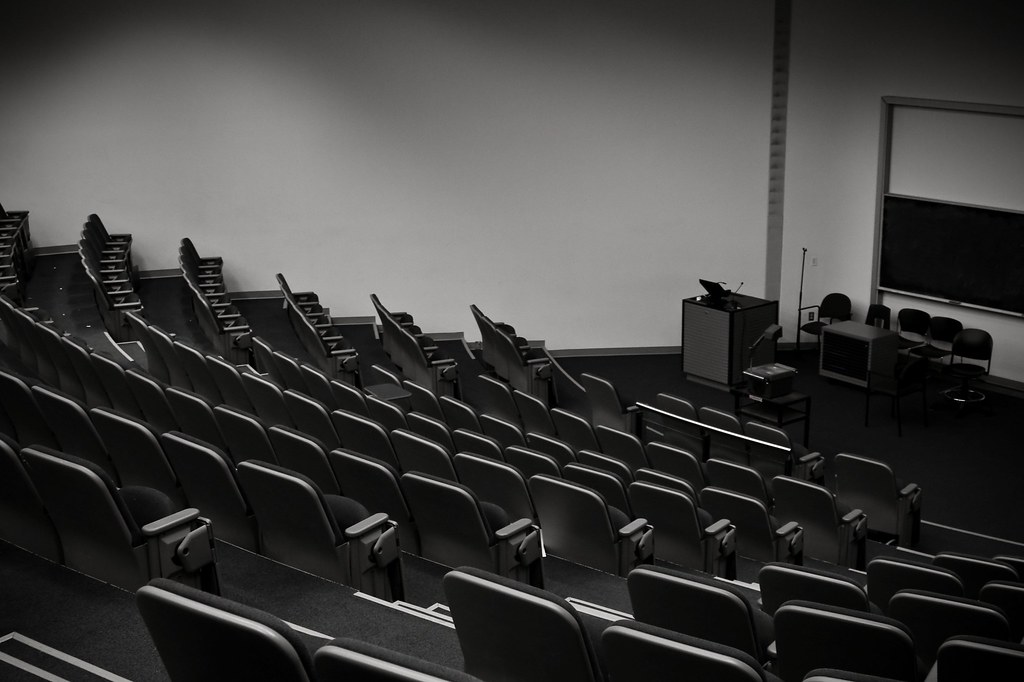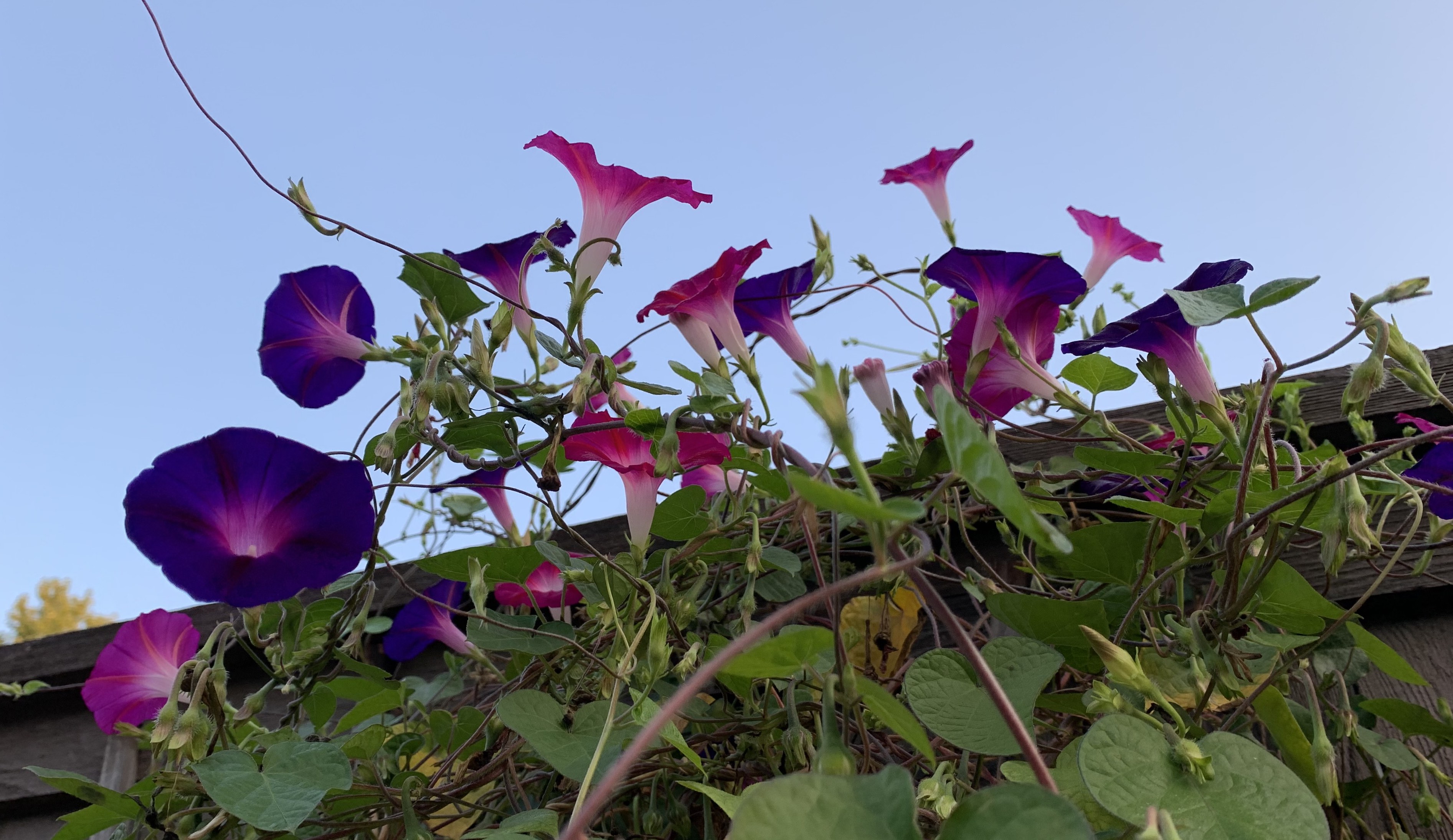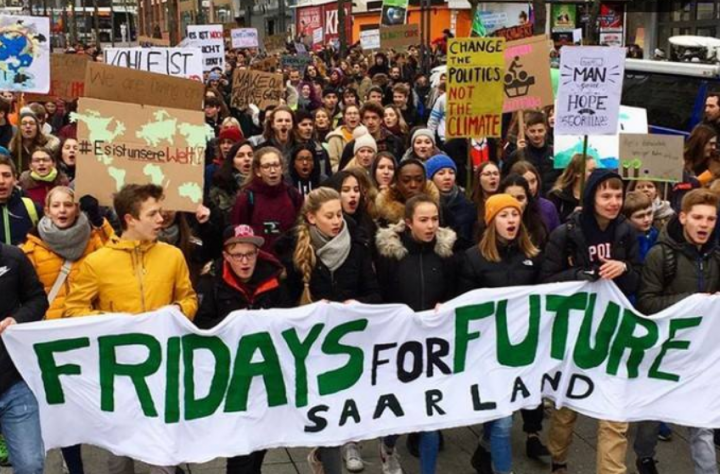This spring we will offer a series of posts on the topic of Environmental Justice and Environmental Health. The series is organized in conjunction with a set of talks Continue reading
How do you solve a problem like the Salton Sea?
[We welcome Traci Brynne Voyles to the blog, to kick off a series this spring on Environmental Justice and Environmental Health. The video of her talk in the associated speaker series is available here.]
For the past decade and a half, I’ve been immersed in studying environmental disasters. I’ve focused on the ways they are shaped by various intersecting power structures: Continue reading
The new F*** word: Facts (Part 2)
 I ended my post last week with a question—why is it so hard to listen to advice? This is a key question these days, with so many people ignoring Continue reading
I ended my post last week with a question—why is it so hard to listen to advice? This is a key question these days, with so many people ignoring Continue reading
The new F*** word: Facts (Part 1)

Logo of the March for Science
Where to start
Science shapes our lives, especially in the Anthropocene. Everybody loves modern science … that is, until we don’t, because scientists say something we don’t like. Continue reading
All the best for 2021!
“The Dialogue between Voltaire and Rousseau on the Lisbon Earthquake: The Emergence of a Social Science View”
“A Billion Black Anthropocenes or None”
K. Yusoff, 2019, University of Minnesota Press.
Page to purchase e-pub.
Kathryn Yusoff examines how the grammar of geology is foundational to establishing the extractive economies of subjective life and the earth under colonialism and slavery. She initiates a transdisciplinary conversation between black feminist theory, geography, and the earth sciences, addressing Continue reading
Fridays for Future: A new movement
In August 2018 in Stockholm, Sweden, something utterly unremarkable happened. A student, Greta Thunberg, then 15 years old, skipped school for one day a week and Continue reading
Our Pandemic and Siena’s Plague: Looking Outside Lorenzetti’s Fresco
The COVID-19 spring, and now summer, of 2020 has kept me thinking about something with which I have been preoccupied for about a year now: the fresco series by Ambrogio Lorenzetti known as the Allegory of Good and Bad Government, Continue reading
Efficiency Meets the Pandemic: The Shortage of N95 Masks
 One hallmark of a market-driven economy is efficiency, i.e. manufacturing a product at the lowest cost. However, some problems exist with always being driven to reduce cost. One problem is that Continue reading
One hallmark of a market-driven economy is efficiency, i.e. manufacturing a product at the lowest cost. However, some problems exist with always being driven to reduce cost. One problem is that Continue reading
The Pandemic and the Kleptocrat: Predators and Parasites of the Anthropocene
In the past eight weeks I’ve read four equally scary magazine articles. They are (in no specific order): Continue reading
The Coronavirus Looks Like Neoliberalism, Part Two: Images and Counterimages
“There’s no image of it, other than that disco-ball microscopic view of the thing.”

Screen capture of CNN reporting on coronavirus in the West Wing of the White House, May 11, 2020
In my previous post, I drew on Louis Althusser’s theory of ideology to argue that the “spiky blob” image of the coronavirus produced by designers at the CDC is an ideological image that “interpellates” us by repeatedly triggering in us a flight instinct that leads us to an isolating abyss of fear and thus constitutes us as subjects amenable to the project of neoliberalism.
The broader visual culture of COVID-19 is similarly inclined and has taught us how to fear Continue reading
The Coronavirus Looks Like Neoliberalism, Part One: The “Spiky Blob”

Screen capture of Sean Hannity on Fox News, February 27, 2020
A couple months ago, as the reality of the COVID-19 pandemic was setting in, I read a news story in which I learned that unwashed produce could put my life in jeopardy. Why am I being taught to fear vegetables? Louis Althusser may have some answers: Continue reading
Climate Change, the Anthropocene, Health, and Disease

Empty classroom. Photo by Benson Kua (CC BY-SA 2.0)
The Dream Course, Interrupted
With the end of the spring semester, the Climate Change in History Dream Course came to a close. The course was neatly broken in two by COVID-19, which was officially declared a pandemic in mid-March, just as Continue reading
Paul Edwards on Infrastructure, Time, and Risk in Climate Science and Politics
Our final guest lecture for Climate Change in History came from Paul Edwards of Stanford University, a leading expert in the history of climate science who has served on the IPCC. Edwards blends science and technology studies (“STS”) with Continue reading
Indigenizing Environmental Governance

Yvette Wiley showing the author how she uses the Strahler Stream Order in her work as the Director of Environmental Services at Iowa Tribe of Oklahoma. Photo by Loren Waters.
In her April 2020 presentation, Tahltan scholar Dr. Candis Callison, takes a close look at how the Anthropocene – as articulated by scientific collectives such as the Anthropocene Working Group – signifies a logic of severed relations that pines for Continue reading
Candis Callison on the Crisis of Climate Change
Last week’s Dream Course talk came from Candis Callison of the University of British Columbia, an expert on Science and Technology Studies, Indigenous Studies, and journalism. She argued that Continue reading








You must be logged in to post a comment.